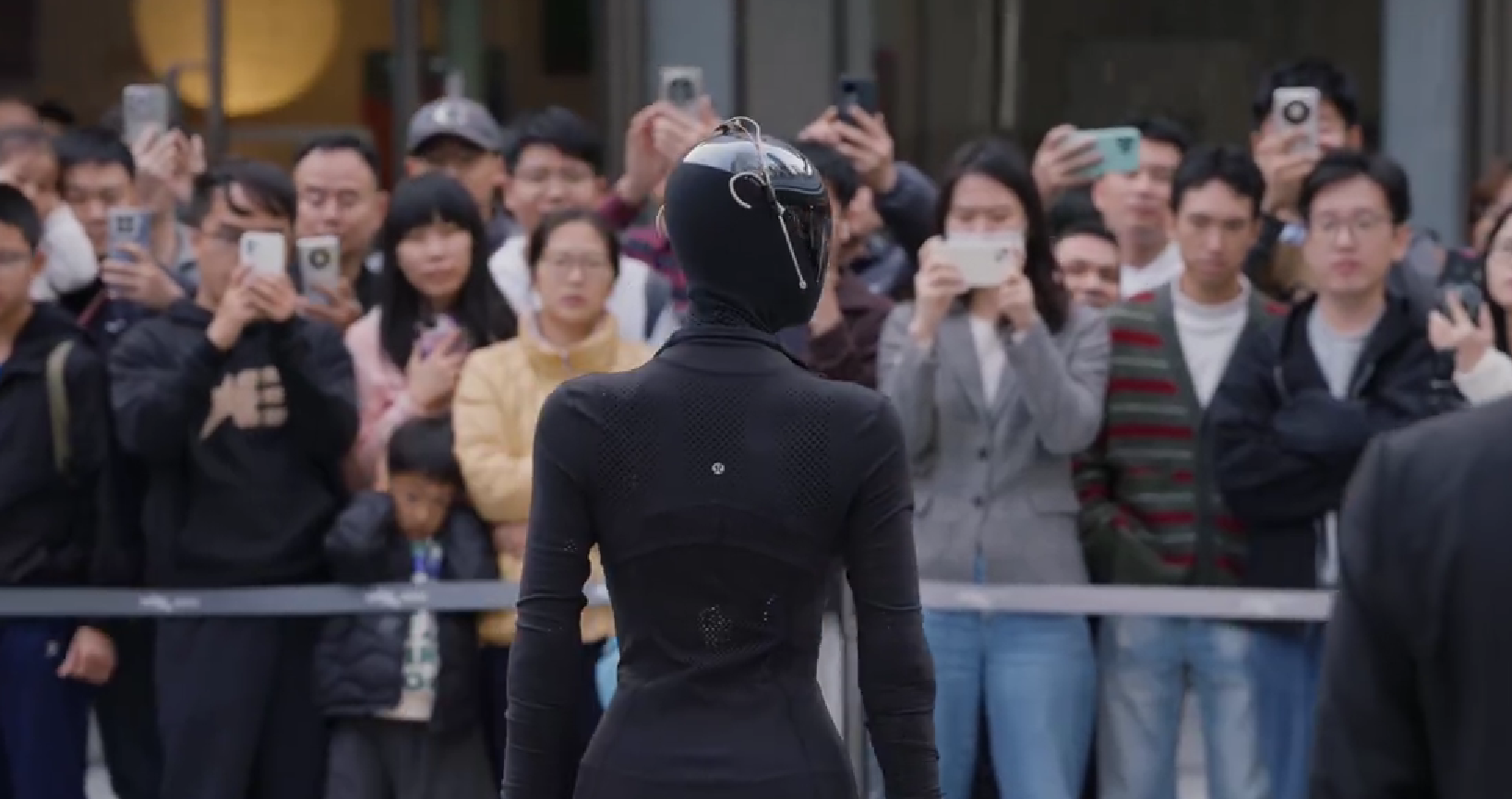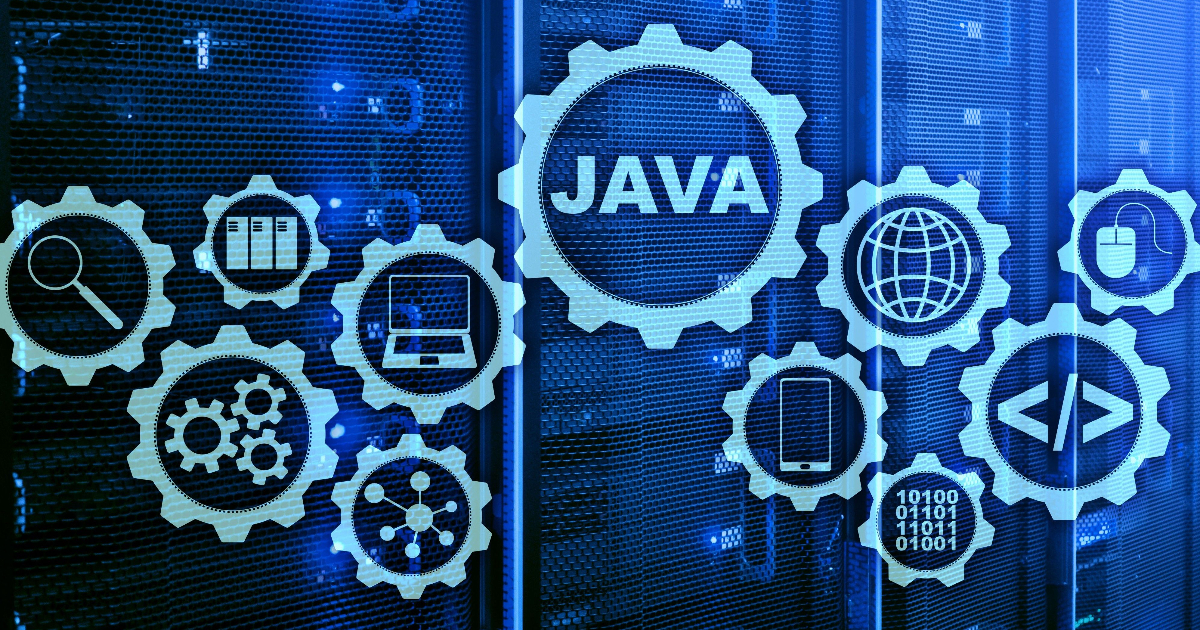By Danielle Abril
The Washington Post
Vicky Fowler, who uses ChatGPT for writing and brainstorming, among other things, asked the chatbot out of curiosity to do something more challenging: program a working calculator. To her surprise, it only lasted a few seconds.
When Fowler, who spent 20 years working in data protection at a major bank, discovered how quickly the artificial intelligence tool could perform a complex task, he felt a new urgency to learn more about AI. That’s why she enrolled in the online master’s program in AI at the University of Texas at Austin and expects to graduate next year.
“This is the future,” said Fowler, a Charlotte resident, recalling her reaction to the ChatGPT-built calculator. “There will be an AI agent around us supporting us at work, or it will be a recipe for learning things.”
Amid growing concerns that artificial intelligence will transform jobs, some people are turning to education and even pursuing degrees in AI. Educational institutions and companies in the United States are introducing AI courses, degrees, and certifications, with the aim of helping people become AI literate, or use AI effectively. While some worry that AI could replace them at work, others hope that education will help them get ahead.
“I don’t think anyone should sit around,” says Johnathan Long, who is in his early 30s and just earned a master’s degree in applied artificial intelligence from the University of San Diego. “We… should always be improving, and that involves understanding AI.”
Employers expect technology skills such as AI and big data to have the biggest increase in importance over the next five years, followed by network and cybersecurity and technology literacy, according to the Future of Jobs Report published by the World Economic Forum earlier this year.
“A combination of technology literacy and people-oriented skills is a good choice when it comes to the future demands of the labor market,” Till Leopold, head of work, wages and job creation at WEF, told The Washington Post.
PricewaterhouseCoopers found that wages for workers with AI skills were 56% higher than those without AI, according to the Global AI Jobs Barometer 2025. AI often automates tasks, allowing people to focus on more complex work, the report said.
AI “is changing jobs,” says Dan Priest, Chief AI Officer at PwC. “The (human) value proposition is evolving, so skills must evolve.”
Universities say the job market is transforming as a result of AI, and in some cases professors are leading the research. That is why they take quick action to meet the interests of students and the demands of employers.
The AI master’s program at the University of Michigan-Dearborn was built in 2020, two years before ChatGPT debuted, in response to advances in AI, especially in the automotive industry, said Di Ma, associate dean at the school’s college of engineering and computer sciences.
But since the explosion of generative AI, the program has grown from 21 in 2021 to 172 students.
“There will be a lot of demand for companies to integrate AI with their current systems,” says Ma. “So software engineers need to know how.”
When the University of Texas at Austin launched its online master’s program in AI in 2024, it underestimated how popular it would be, it said. The idea started in 2020, but the rise of ChatGPT gave the program “jet fuel,” said Brent Winkelman, chief of staff of the school’s computer science department. In its second year, 1,500 students are enrolled, more than double the number in the second most popular online master’s program.
“On the weekends and at night we were all reading (applications) to keep up with the volume,” Winkelman said.
The degree is designed to help students understand the algorithms and techniques used to build AI models and how to apply AI tools, said Adam Klivans, faculty director of the UT program.
Similarly, the master’s program at the University of San Diego, which launched in 2021 and has more than 200 students, aims to go beyond technical training and explore creativity, problem solving and ethical thinking, said Ebrahim Tarshizi, program director. Although the program mainly attracts students with science, technology, engineering and mathematics backgrounds, working nurses and doctors have also enrolled.
“Last week we were invited to Meta to provide training to software engineers… to apply AI in their daily work,” Tarshizi said. “If an engineer needs to be trained at Meta, there are so many others that need to be trained.”
Learning how to better use AI is what attracted Long to the University of San Diego’s graduate program. The former full-time teacher in Los Angeles enrolled in the spring of 2024 to better understand how AI can be applied in science and education before taking a job as an AI engineer at an East Coast nuclear power company.
“I understood that AI would make me more valuable,” he said.
Some jobs are already changing, with workers expected to use AI to write code, help develop marketing campaigns, or streamline customer service requests. That encourages them to improve their skills.
Just three years into his career as a machine learning engineer, Zaid Ghazal left his home in Jordan, where he worked from a satellite office of a California-based company, to move to the US to pursue a master’s degree in artificial intelligence.
“I saw that I had more gaps to fill,” the 26-year-old, who ended up at the University of Michigan-Dearborn, said of his engineering expertise.
He dreams of incorporating AI into new products at a start-up, but recognizes that competition for technical positions is increasing. Some jobs require more than six years of experience or a doctorate, he said. That’s why he plans to get an AI doctorate. “As AI evolves, so do the qualifications,” he said.

The University of Maryland, which will offer a master’s degree in engineering AI this fall, a master of science in AI and soon bachelor’s degrees in AI, wants to teach students how the technology can benefit humanity and society, said Hal Daumé, director of the school’s AI Interdisciplinary Institute.
This fall, Ohio State University will introduce required AI courses for students, along with additional AI electives and classes embedded in other required classes. The goal is for all students to have AI literacy by 2029, said Ravi Bellamkonda, executive vice president and provost.
“They hired me to do bold things and address the workforce of the future,” he said, adding that the idea came from student violations of AI use. “The whole world uses it, so for our students it’s like ‘finally someone recognizes the world as it is.’”
Some people were in the right place at the right time for the AI boom. Julia Schneider, a rising senior at the Massachusetts Institute of Technology majoring in AI, decision making and mathematics, studied robotics in high school. Three years of AI classes taught by professors who were leading research in the field and an internship at Nvidia deepened her interest.
“I’m pretty sure I want to work as an AI engineer and apply it to robotic applications,” says Schneider, 21.
According to the school’s leaders, Schneider and her classmates have made AI and decision making the second most popular major at MIT.
But not everyone needs a fancy new degree, some experts say. Employees may have access to on-the-job training programs or free online resources and courses.
As for Fowler, she wanted more education so she could help reduce discrimination in AI products. For her it starts with learning.
“If everyone understands it, we can make it better.”
Andrea Jimenez contributed to this report.







